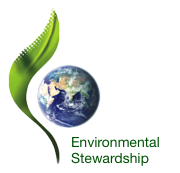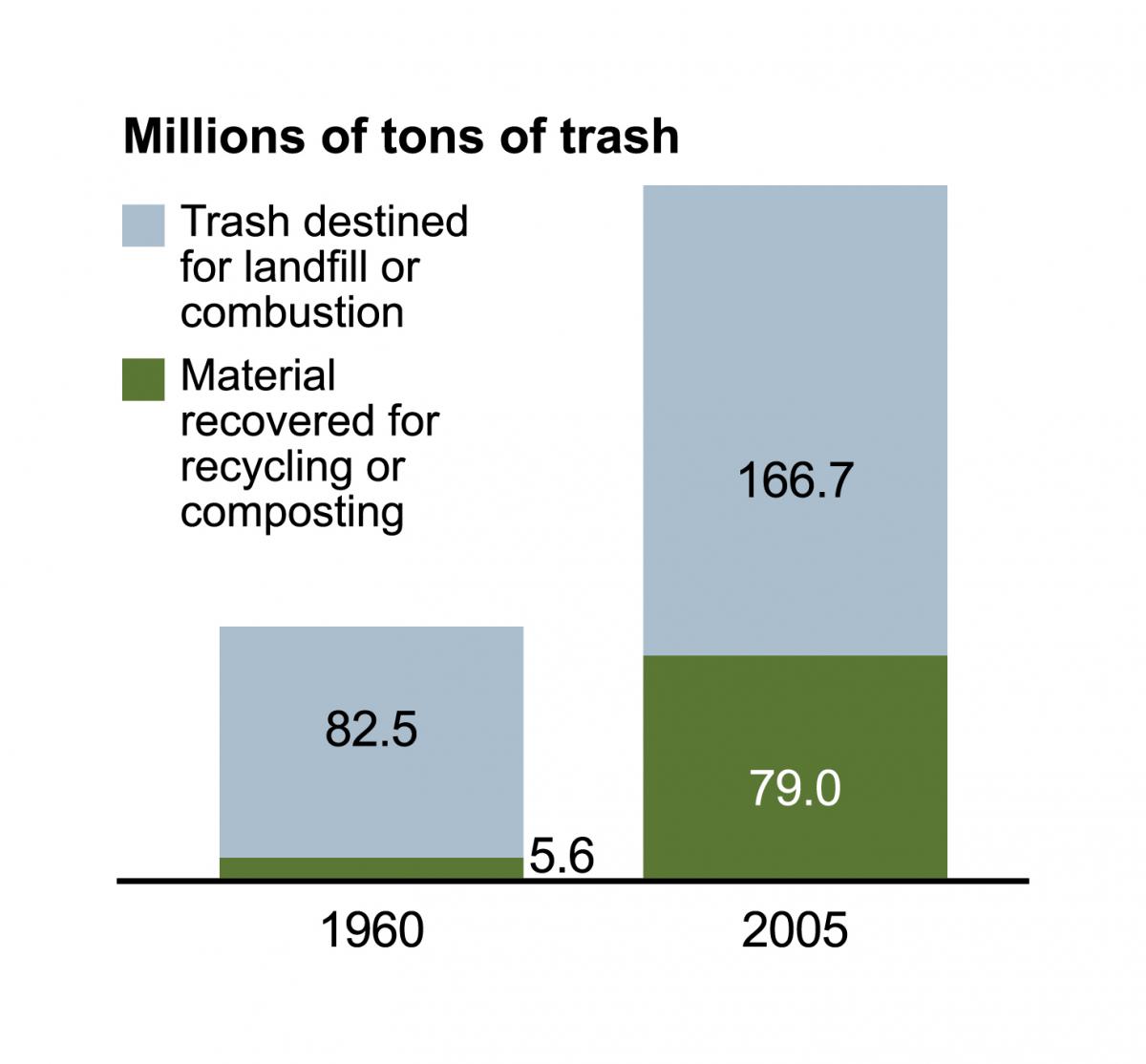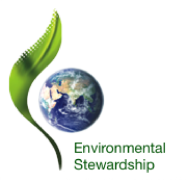 What is Water Efficiency?
What is Water Efficiency?
Water efficiency is the smart use of our water resources through water-saving technologies and simple steps we can all take around the house. Using water efficiently will help ensure reliable water supplies today and for future generations.
Save Water, Save Money
The average household spends over $700 per year on its water and sewer bill. By making just a few simple changes to use water more efficiently, you could save about $200 per year. Also, when we use water more efficiently, we reduce the need for costly investments in water treatment and delivery systems.
Drops to Watts: Save Water, Save Energy
It takes a considerable amount of energy to deliver and treat the water you use every day. For example, letting your faucet run for five minutes uses about as much energy as letting a 60-watt light bulb run for 14 hours.
Heating water for bathing, shaving, cooking, and cleaning also requires a lot of energy. Homes with electric water heaters, for example, spend one-quarter of their electric bill just to heat water.
With climate change concerns, pervasive droughts, and high energy prices across the country, nearly everyone is looking for ways to conserve resources and cut costs. The good news is that by using a little "water sense" we can all save water, energy, and money.
The preceding information is a direct citation from the U.S. Environmental Protection Agency, Office of Wastewater Management. Read more on the EPA website.

 History:
History: As Americans have gotten better at recycling over the past few decades many forget that recycling is just one of the steps in the sequential “Reduce, Reuse, Recycle” process to try to minimize our impact on the Earth. In 2008, the recycling rate reached an all-time high of 33.2% for Americans (per data from 2010). This is great as recycling rates overall have risen steadily since the 1960’s. But with this it may not be apparent to everyone that the amount of waste sent to landfills has also risen dramatically since the 1960’s. Recycling doesn't have as direct an impact on the amount of waste sent to landfills as reducing what we buy, reducing our waste streams, or reusing items within our households. The 3 “R’s” of waste reduction are really a sequential process in which everyone should try to first reduce the amount of waste they procure or produce, then reuse the materials they have, and finally recycle materials left over from there. Even with recycling rates increasing, we as Americans and a global community will only see the amount of trash we send to landfills increase in the decades to come from increased consumerism and rising population numbers. With this we need to remind our children and generations to come about the importance of reducing our waste streams and how the 3 “R’s” all work together in a specific order.
As Americans have gotten better at recycling over the past few decades many forget that recycling is just one of the steps in the sequential “Reduce, Reuse, Recycle” process to try to minimize our impact on the Earth. In 2008, the recycling rate reached an all-time high of 33.2% for Americans (per data from 2010). This is great as recycling rates overall have risen steadily since the 1960’s. But with this it may not be apparent to everyone that the amount of waste sent to landfills has also risen dramatically since the 1960’s. Recycling doesn't have as direct an impact on the amount of waste sent to landfills as reducing what we buy, reducing our waste streams, or reusing items within our households. The 3 “R’s” of waste reduction are really a sequential process in which everyone should try to first reduce the amount of waste they procure or produce, then reuse the materials they have, and finally recycle materials left over from there. Even with recycling rates increasing, we as Americans and a global community will only see the amount of trash we send to landfills increase in the decades to come from increased consumerism and rising population numbers. With this we need to remind our children and generations to come about the importance of reducing our waste streams and how the 3 “R’s” all work together in a specific order.



